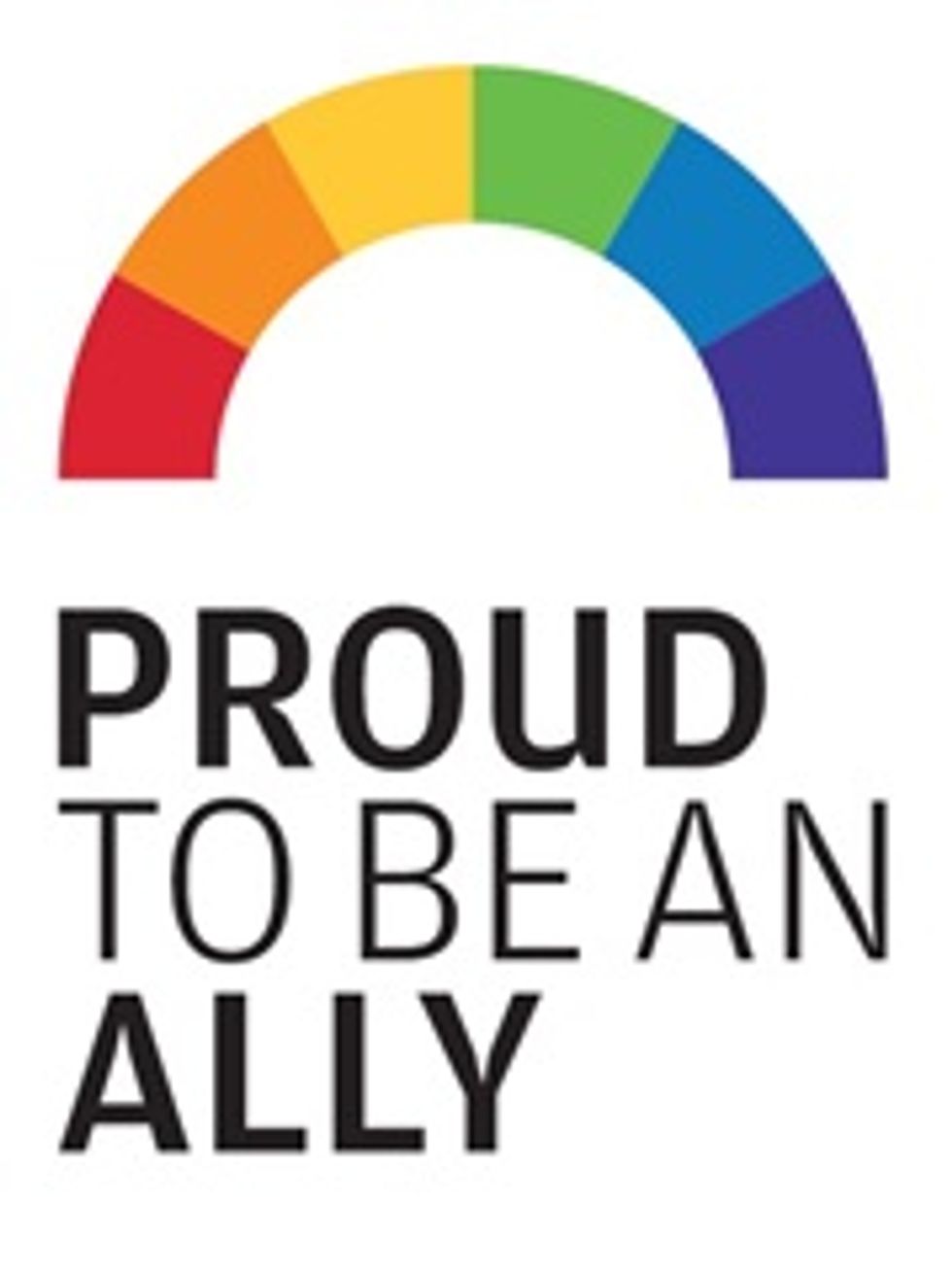Attending a Christian University, have you ever believed that you could support your LGBTQ+ peers? You can! As servants of God, we choose to love our neighbor and be there for them in their time of need. And, if you're already on track for being a good ally, you acknowledge that being queer or identifying as transgender is not a sin or a mistake—God doesn't make mistakes and loves them as they are. As you read on, you will find eight ways on how to be a better ally as a Christian attending a Christian University.
1. Understand and accept there are more sexualities than just gay, straight, lesbian, and bisexual.
Sexuality is on a spectrum. Gender is on a spectrum. These types of identification have a lot of gray areas. Meaning, there are more than two genders, and there are more than a few sexualities. Educate yourself on the different types of gender identities and sexualities. After you read about them you might not understand right away, but you can accept and acknowledge their existence. And always continue to educate yourself on the LGBTQ+ community.
2. If you are a straight and/or a cisgender ally, be aware of your privilege.
As a cishet (cisgender, meaning your gender identity aligns with the genitals you were born with, heterosexual) ally, understand that you have more privilege compared to your LGBTQ+ peers. You always had the right to marry, had the right to work anywhere, and had the right to shop anywhere. Your LGBTQ+ peers might not get the job they want just because of their sexuality and/or gender expression. They also might not be able to shop wherever they want for the same reasons. As a good ally, you should acknowledge that cishet privilege does exist no matter how "annoying" it might sound.
Acknowledge that it isn't fair or right that you have better opportunities than your peers simply because you identify as cisgender and heterosexual. Unfortunately, discrimination still exists, but if you want to be an even better ally, stand up with (not for) your LGBTQ+ peers against discrimination.
3. Do not put LGBTQ+ people on a pedestal.
No one is better than anyone else, as we are all equals in the eyes of God. This means that LGBTQ+ people are just like us. We do not need to treat them like royalty just because we feel empathy and sympathy because of their discrimination. Instead, we need to support and accept them as we do for one another.
4. Do not consider identifying as LGBTQ+ as a hot trend.
Your friend is gay, and he's pretty awesome. The fact that he's awesome has nothing to do with his sexuality. However, you believe he's awesome because he's gay. Therefore, you "come out" as gay in a pathetic attempt to be awesome. You're not awesome; you're offensive. You're also not an ally if you act like this.
There's nothing wrong with exploring your sexuality, gender identity, and/or gender expression. But do not decide to identify as LGBTQ+ because you or your friends think it's cool.
5. Join the community GSA.
When you attend GSA, you're able to let your LGBTQ+ peers know that you support them and are there for them. It's also a good environment to educate yourself on the community!
With your LGBTQ+ peers, you should also try to push for the community to meet close to or on campus so GSA can be easier to access. But don't stop there! Continue pushing until GSA becomes a recognized organization on your campus. At a Christian University, we should be able to have another club to represent the student body, shouldn't we?
6. Do not use the word "gay" or any other variation as an insult.
Also, don't think multiple gender identities and expressions mean the same thing as concepts such as "transrace," "transage," and "otherkin." Those concepts do not exist within the LGBTQ+ spectrum, and their lack of validity belittles and insults the spectrum.
7. Let your LGBTQ+ peers know that you, despite being a Christian, believe that God loves them.
You can reference scripture to prove God loves them as they are, such as Romans 13:8-10, Matthew 7:1, and John 3:16. Also, understand that as contemporary Christians, we no longer abide by the gospel from the Old Testament.
"For God so loved the World that he gave his only Son, that whoever believes in him should not perish but have eternal life." —John 3:16
8. Do not disrespect your LGBTQ+ peers.
Don't out your LGBTQ+ peers. Don't talk on their behalf; you're not an ally if you take away their voice. Don't make them into an example of how accepting you are. Just let them know that you love and accept them.
*Disclaimer: If you don't believe in any of these points, you are not a good LGBTQ+ ally.



















